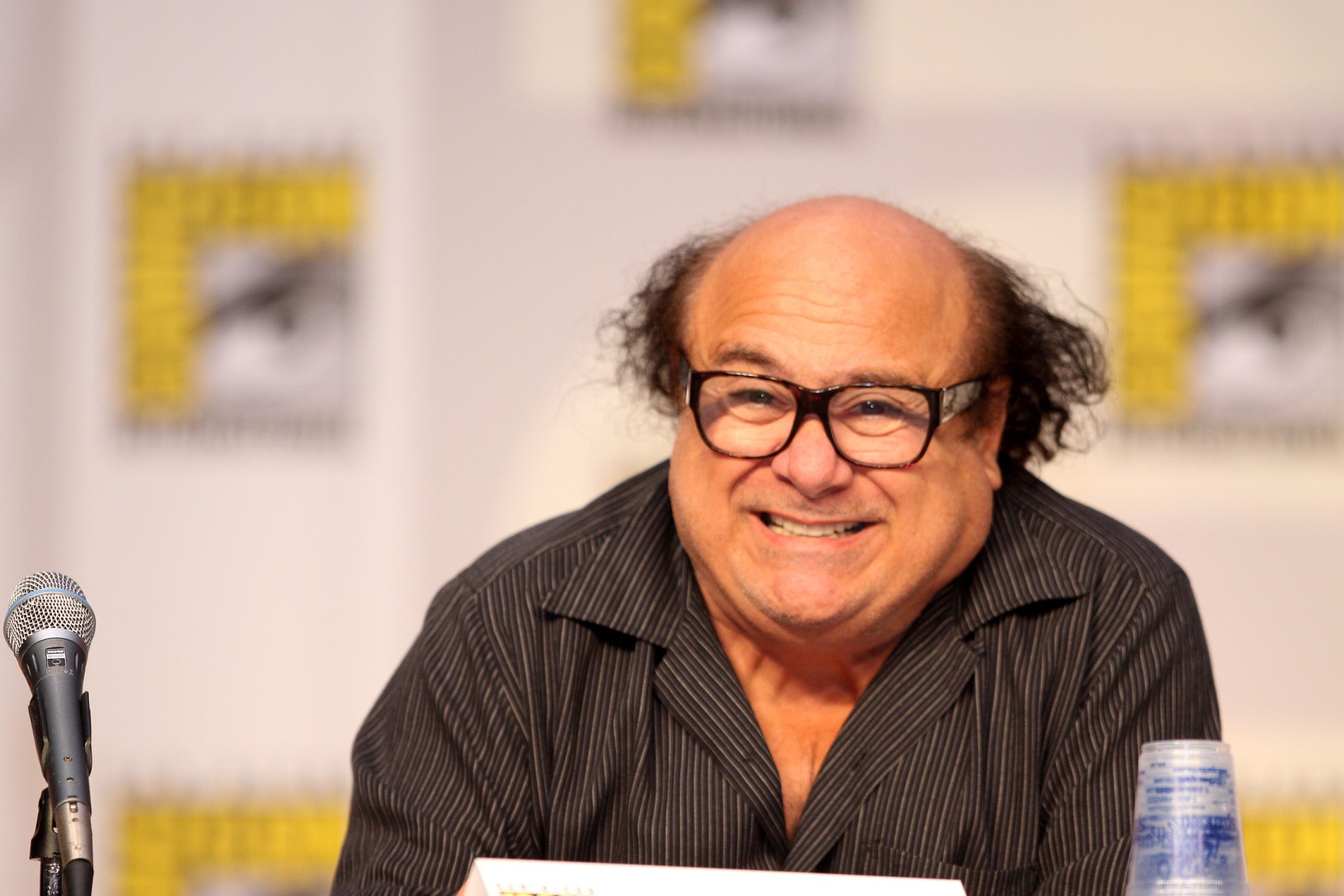‘The Rehearsal’ and Its Murky Ethics

Nathan Fielder’s The Rehearsal is one of the best shows of the year, and recently it was renewed for a second season. But, like Fielder’s previous show, Nathan for You, The Rehearsal has inspired ethical debate. I don’t want to provide spoilers. But suffice to say, some of the real-life people on both shows are not portrayed very positively. Even some of those who are portrayed positively are nonetheless trying to deal with high-stakes situations while being jerked around and manipulated for entertainment by Fielder, who is, supposedly, trying to help them. And there is an arc involving a child actor late in The Rehearsal which raises a new series of ethical questions of its own.
I want it to be morally permissible to make these shows. They are hilarious, I think they have real artistic value and, sometimes, important social commentary, and anyway, I liked watching them. But I am not sure.
Let me survey some of the most obvious defenses of them and show why I am not convinced they succeed.
Justification 1: The people on the shows agree to be on them. They want to be there. Many things which would not otherwise be ethically permissible become so if you consent to them. For instance, if you agree to participate in a medical trial for an experimental drug, it may be permissible for us to administer the drug to you, but not otherwise. Being on these shows is like that.
Reply: What matters ethically is informed consent. If you agree to participate in the trial, but I, the experimenter, don’t tell you about the risks the experimental drug poses, then it is not ethical for me to administer the drug after all. It is fairly clear that many of the people on the shows do not understand what they’re getting into. First of all, they are often directly lied to about the premise of the shows, or about other aspects of what’s happening. (For instance, the premise of Nathan For You is that Fielder is offering intentionally bizarre and ridiculous business strategies to small business owners; it’s essential to the show that the owners believe Fielder is being sincere in his suggestions.) Further, even beyond this, participants may not quite understand all the potential costs of being made the butt of the joke in front of millions of people.
Justification 2: The shows are mutually beneficial. For instance, it seems safe to say that the business owners on Nathan For You were usually made better-off by their appearance on the show. Nathan’s schemes are hare-brained, but they are implemented only very briefly, and presumably steps are taken off-screen to help disgruntled customers figure out what’s going on after the fact. On the other hand, the business owners receive a huge amount of free publicity. People on The Rehearsal may not be in quite the same situation – they don’t have businesses to publicize. But all the same, they get their “15 minutes of fame” in addition to being paid, and in some cases Fielder really does seem to help them with their personal problems.
Reply: Well, some of the people on the shows are portrayed in ways that benefit them. But then, others are portrayed in ways that predictably don’t. So this doesn’t work for them, does it?
Justification 3: Let’s assume the editing on the show is fair: people aren’t portrayed in unflattering ways unless the characterization is basically accurate. It’s hard to know if that’s true just from watching, of course, but you, the author of this article, haven’t provided any evidence that this isn’t the case. If so, then people who are portrayed in unflattering ways basically deserve what they get. If, for instance, you make anti-Semitic comments while knowing you’re being recorded for a TV show – as some people on The Rehearsal do – then you’re responsible for the consequences. You can’t complain if Fielder puts what you freely did in the show.
Reply: Okay, we might need to take this on a case-by-case basis. The thing is that having your misbehavior exposed to millions of people is an awfully serious penalty: most of us have done things we’d really rather not have on TV. Some sorts of misbehavior may well merit this kind of public exposure, sure. But then, it’s not easy to tell, and people making TV shows may not be the ones we want to trust with that sort of judgment. Further, a lot of the unflattering portrayals are not really about moral issues. They’re instead about, say, gullibility (e.g., some business owner getting overly excited about Fielder’s silly plan). It seems much harder to say that this merits public ridicule.
Justification 4: The ends justify the means. The value of these shows is great enough to outweigh some unfair harms to some of the participants.
Reply: There are deep ethical questions about when the ends do or don’t justify the means which I can’t get into here. But just on an intuitive level, it seems far from clear that this is a situation where this is true, and I have difficulty imagining anyone employing this defense and being perfectly comfortable with it.
There is a lot more to say about all this. Maybe there are other justifications I haven’t discussed. And maybe some of my replies aren’t decisive. I hope so, actually: like I said, I want making the shows to be permissible. Further, I haven’t dealt with the questions around child actors, which raise many more issues of their own. And further still, I have focused on questions about the permissibility of making the shows. I haven’t talked about the ethics of consuming them. Someone could hold, for instance, that it was wrong to make the shows, but that, now that they are made, you might as well watch them. My main takeaway for the time being is just that the ethical questions around shows like this merit serious reflection, and that those of us who consume them should think critically about what we’re doing.




